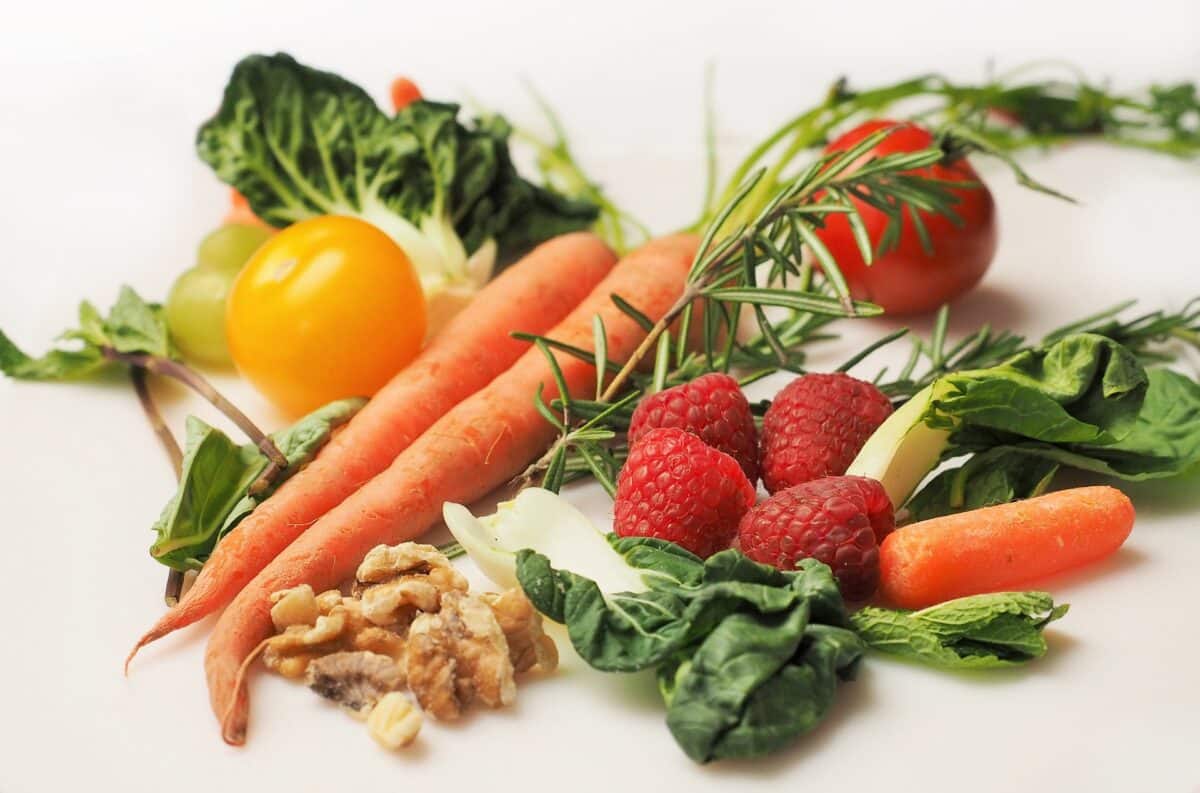As we celebrate Christmas and New Year’s there is a great tendency to overeat and then making a plan for a change in this behavior as part of our “New Year’s resolution”. However, the period of Christmas to New Year’s is a perfect time to start a habit of mindful eating and exercise programs. Here are some suggestions that you might want to start now.
1) Focus on portion control and mindful eating. People often over eat during the holidays because of tempting food choices and larger portions. For example, if there are 3 different cakes offered at a meal and you like all 3, take a very tiny slice of each. This way you can enjoy a variety of goodies without over doing it. Also focus on eating slowly and savoring the flavors and pause to talk and socialize. Slower pace give your body time to sense what you have eaten and signal the brain that you are full. This makes it much less likely to reach for second and third servings
2) Push the plants. When you consider your holiday dishes, make plant based foods a higher priority. For instance, the Mediterranean diet emphasizes eating fruits, vegetables, and whole grains and using healthy oils such as olive oil. These diets are rich in fiber, vitamins, and minerals that help lower blood pressure and maintain healthy weight. Also eat more salads and colorful vegetables. There is been a recent study that shows by going vegetarian even 1 day a week is extraordinarily helpful to your overall health. So essentially, once a week eat nothing but fruits, vegetables, and whole grains. This can help you recognize the types and amounts of foods that you need to eat without the overwhelming pressure to do it all the time. After you get more comfortable perhaps go to twice a week. When I make this recommendation people often ask me “what about the protein”. Beans and rice together have the same protein components as meat. Nuts are also loaded with protein. Vegetarian recipes are simple and can be found in many sites online
3) If you drink, go light on the alcohol. A recent study from Harvard University found that the average adult consumes 3 or 4 alcohol containing drinks daily during the holidays. This is well above the recommended consumption of 1 drink daily maximum for women. Anything above this certainly may raise a person’s risk of cardiovascular disease, liver disease, etc. There is also the extra calories to consider. Depending on the type of beverage (beer, wine, spirits) and the amount the calories can range from 120 to 250 cal per drink.
Merry Christmas and happy new year from all of us at AccelHealth
-Dr. Tom D Byrd

